News
Chrome Could Fetch $50 Billion if Google Forced to Sell, Says DuckDuckGo CEO
As Google faces mounting legal pressure following two major antitrust defeats, industry experts are beginning to speculate about potential remedies that could reshape the tech giant's business model. Among the most significant possibilities is the forced divestiture of Chrome, Google's dominant web browser that serves as a crucial gateway to its search business.DuckDuckGo's CEO estimates Chrome could be worth $50 billion, hinting at its potential impact on the tech landscapeThe $50 Billion BrowserDuckDuckGo CEO Gabriel Weinberg offered a striking valuation estimate during recent court testimony, suggesting that Google's Chrome browser could be worth approximately $50 billion if regulators force its sale. This back-of-the-envelope calculation significantly exceeds previous estimates, including Bloomberg analyst Mandeep Singh's $20 billion valuation from last November. Weinberg acknowledged that such a price tag would put Chrome well beyond DuckDuckGo's purchasing power, though he confirmed his company would be interested in acquiring the browser if cost weren't a barrier.Mounting Legal ChallengesGoogle now faces a critical juncture following two significant antitrust defeats. In the first case, a court determined that Google illegally maintained its search monopoly through default placement deals, particularly with Apple. The second, more recent defeat found that Google substantially harmed publishers and users through its advertising technology monopoly. Both cases have now entered the remedies phase, where judges will determine appropriate penalties.Structural Remedies on the TableThe Department of Justice is pursuing aggressive structural remedies in both cases. For the search monopoly case, the government has requested that Google sell off Chrome and make its search data more accessible to competitors. In the advertising technology case, the DOJ is likely to seek divestiture of portions of Google's ad tech system. These potential breakups represent some of the most significant antitrust actions since the government's case against Microsoft decades ago.Interest from Multiple PlayersChrome's potential availability has attracted attention beyond DuckDuckGo. Executives from AI companies OpenAI and Perplexity have also testified about their interest in acquiring the browser if it were put up for sale. Nick Turley, Head of Product at OpenAI, suggested that integrating Chrome with OpenAI's technology could create a more seamless AI-first experience for users. He also revealed that OpenAI had previously approached Google about powering ChatGPT with Google's search API but was declined last August.The Architect Behind the CasesJonathan Kanter, the former assistant attorney general for antitrust under the Biden administration, was the architect of both successful cases against Google. Now in private practice, Kanter has become more outspoken about his belief that Google should indeed be broken up. He describes the antitrust division he built as the world's best antitrust boutique firm inside the Department of Justice, assembling elite trial lawyers and antitrust experts who proved capable of taking on tech giants.Political Realignment Around AntitrustThe Google cases represent a rare area of bipartisan agreement in today's polarized political landscape. The search case was initially filed during the first Trump administration, pursued by the Biden Justice Department, and now continues under the second Trump administration. This unusual continuity reflects a broader political realignment around tech regulation, with some prominent figures in both parties supporting more aggressive action against dominant tech platforms.Concerns About Enforcement Under New AdministrationDespite this continuity, questions remain about how aggressively the current Department of Justice will pursue remedies against Google, especially given the close relationships some tech executives appear to have with the Trump administration. Kanter expressed hope that the antitrust division would maintain its independence and effectiveness but acknowledged concerns about the administration's approach to government agencies more broadly.The Stakes for Publishers and the Open WebThe outcomes of these cases could have profound implications for publishers and the open web. Google's dominance in both search and advertising technology has been particularly damaging to news publishers, who have seen their revenue streams diminish as Google extracted increasing value from online advertising. Structural remedies could potentially revitalize the economics of publishing on the open web, though some skeptics question whether such interventions might come too late given the web's evolution toward AI-driven experiences.Looking ForwardAs these cases progress through the remedies phase and inevitable appeals, the tech industry faces years of uncertainty about Google's future structure. While Google has vowed to appeal both verdicts, the initial rulings represent significant victories for those advocating stronger antitrust enforcement in the tech sector. The ultimate resolution of these cases could reshape not just Google but the fundamental economics and competitive dynamics of the internet itself.
Google
23 hours ago
ChatGPT Expands Deep Research to Free Users, Transforms Online Shopping Experience
AI
Yesterday

Index Browser Agent Shows Promise for Complex Web Tasks, Users Report Mixed Results
AI
Yesterday
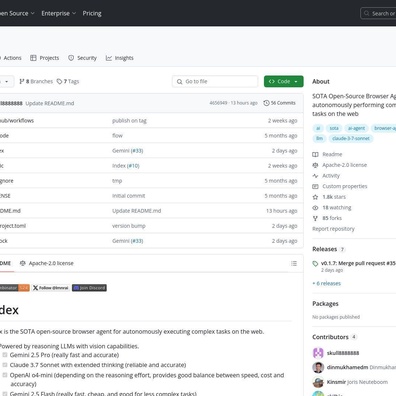
Zev: The Natural Language Terminal Command Tool Gaining Traction Among Developers
Apps
Yesterday
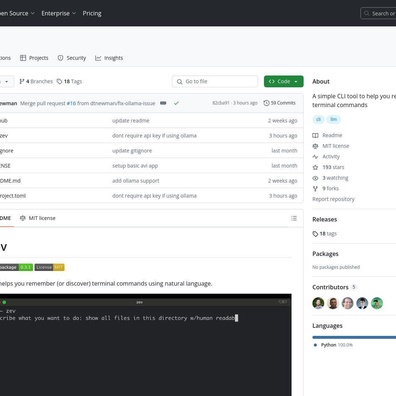
Infat Tool Streamlines macOS File Associations, Community Requests Nixpkgs Support and Additional Features
Apps
Yesterday
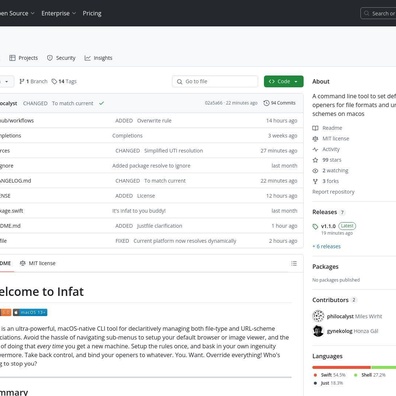
Trump Administration Eases Crash Reporting Rules for Tesla's Autopilot and Self-Driving Features
EVs
Yesterday

EU Imposes Hefty Fines on Apple and Meta for DMA Violations as White House Objects
Apple
Yesterday

Apple Watch Celebrates 10 Years: The Health Features That Transformed Wearable Technology
Wearable devices
Yesterday

Cua Framework Launches with Promise and Controversy: Community Questions Authenticity of Early Support
Startups
Yesterday
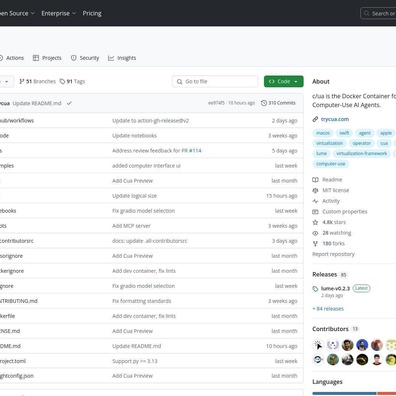
Colanode Launches With Local-First Approach, Users Question Notification System and SSO Support
Startups
Yesterday
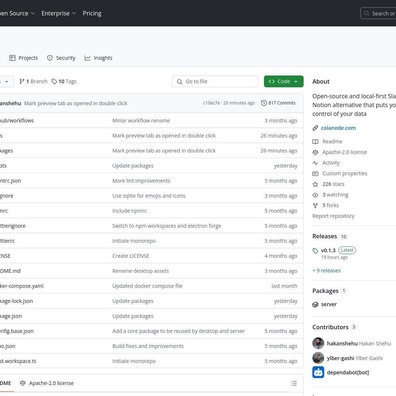
Hyper Light Breaker's "Buried Below" Update Completely Overhauls Game Structure With One-Life Roguelike System
Computer Game
Yesterday

Google Ultimatum: Remote Workers Must Return to Office or Face Termination
Google
Yesterday

Google's AI Overviews Confidently Fabricates Meanings for Nonsensical Phrases
AI
Yesterday
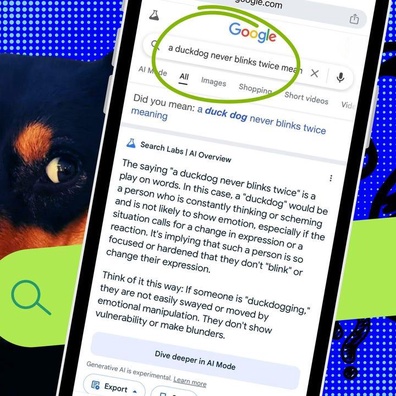
iPhone 16e Drives Apple's Sales Growth While Saving Billions With In-House C1 Modem
Phone
Yesterday

F1 25 Returns With Improved Handling, Braking Point 3 Story Mode, and LIDAR-Mapped Tracks
Console Game
Yesterday

Fallout 3 Remastered Likely in Development, But Don't Expect It Soon
Console Game
Yesterday

Oblivion Remastered: More Than a Remaster, But No Mod Support According to Conflicting Reports
Console Game
Yesterday

Poco F7 Expected to Launch by End of May with Promising Specs
Phone
Yesterday

Adobe Launches Content Authenticity App to Combat AI Fakery and Protect Creators
Apps
Yesterday

Sony Xperia 1 VII Appears in Certification Images with Three Color Options
Phone
Yesterday
